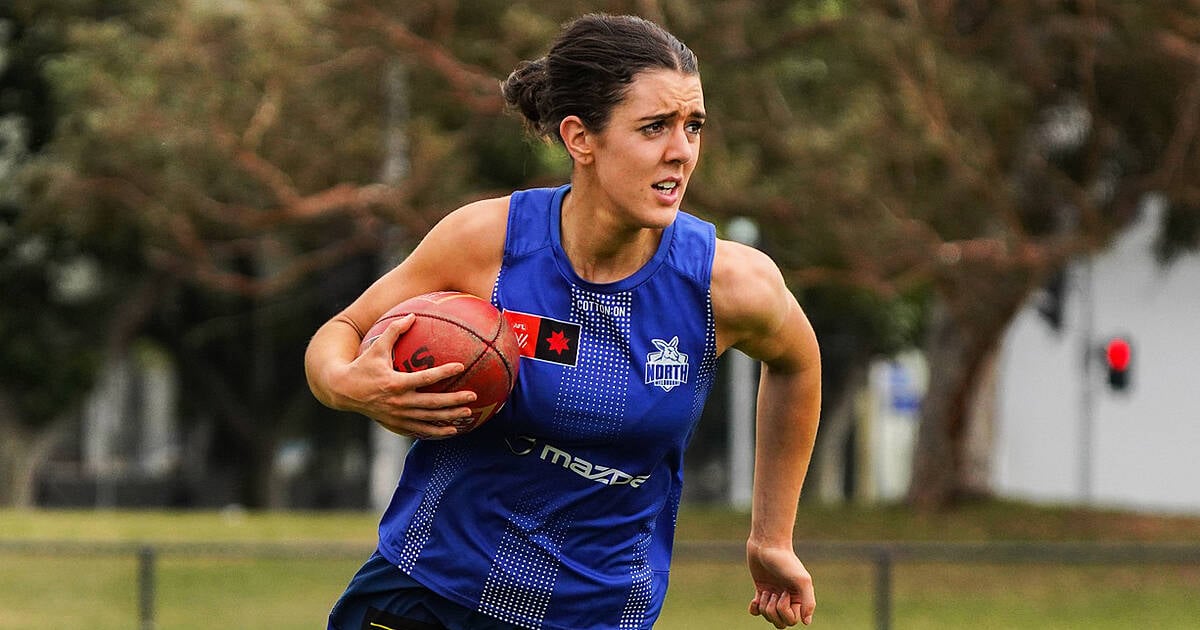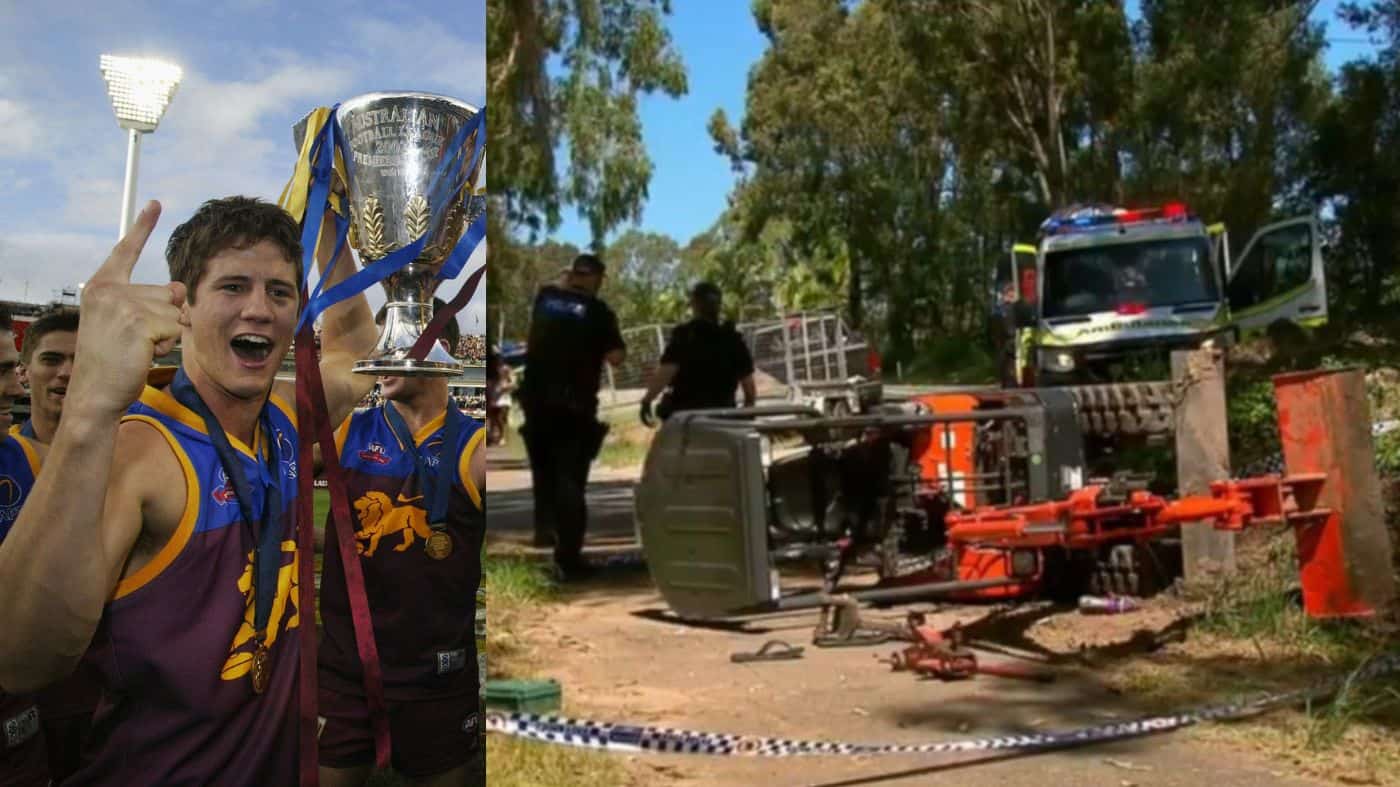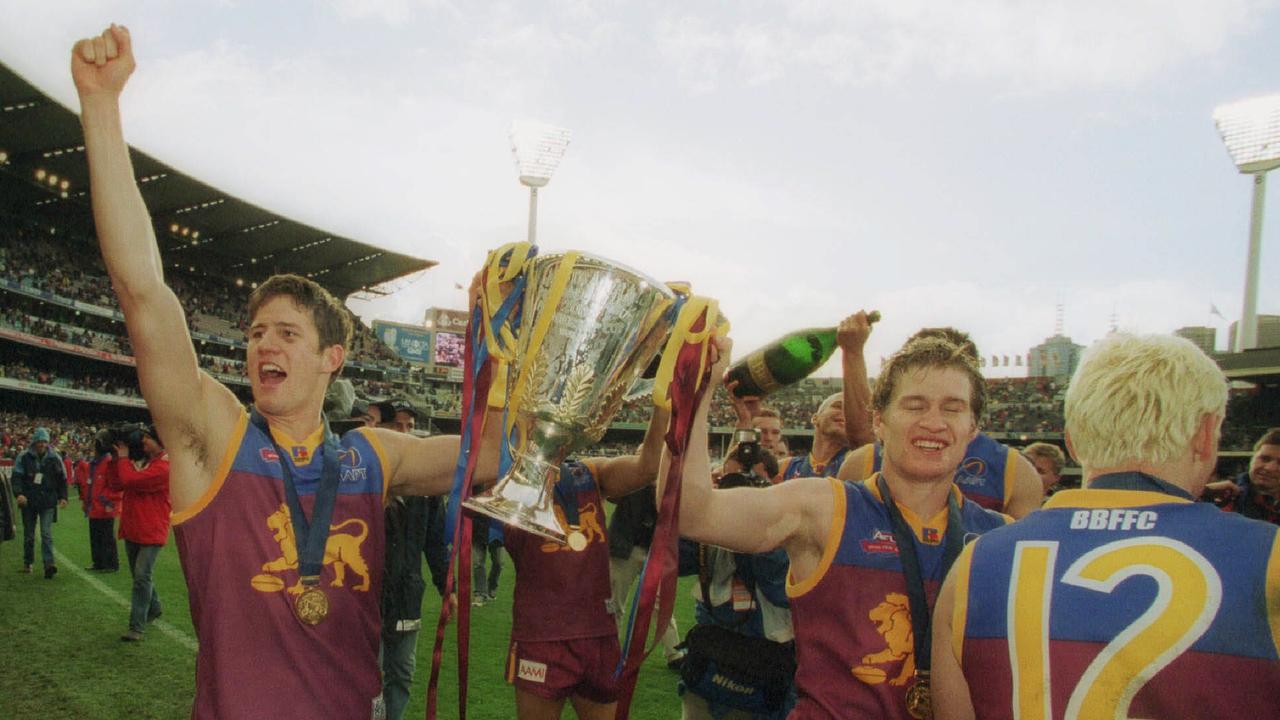Italian team has a deeper meaning

- by Admin
- May 18, 2024

More than a game. A four word statement so often used to encapsulate Australian football.
The anthem, too, for one of the most successful Australian television shows of all time – Channel 9s The Footy Show – which hit remarkable peaks in the early 2000s.
Our unique adaptation of various other codes that has evolved into the biggest sport across this vast land over more than 150 years. It’s ingrained in our culture.
We flippantly describe it as a religion; that it is tribal and that it provides a sense of belonging. But it is precisely that.
As we prepare to celebrate over the next two weekends the impact of First Nations People on Australian football a poignant reminder of the broader reach of our great game was made on Thursday night.
The WA Italian team of the Century shone the spotlight on the connection and opportunities our game provided Italian migrants to assimilate into Australia.
At Optus Stadium more than 850 people gathered in the River Room on level three of state-of-the-art venue to herald 23 players of Italian extraction who have excelled in the game.
As much as the selection of those players was an opportunity to recognise some remarkable individual achievements, as always there was a bigger picture which was portrayed in the early speeches.
When WA Italian Club president Salvatore Vallelonga took the microphone on the main stage the deeper meaning of this night became clear.
For Italian immigrants, so many of whom sought better opportunities after World War II, Australian football served as a vehicle to drive acceptance in a foreign country. A base level community connection, a conduit to credence.
Attending as a representative of the West Coast Eagles the original purpose was merely to support and enjoy the night. To see a number of Eagles players of Italian heritage acknowledged for their array of accomplishments.
It was not supposed to be educational. But when Vallelonga was on stage the significance of the function resonated, stirring unexpected activity within one’s grey matter. It wasn’t just about football it was about life; about belonging.
While Matagarup bridge was light up in red, green and white and that same theme understandably permeated through the room, the true meaning of the event wasn’t merely about the Italian community.
On reflection, the fact that a man of Chinese lineage belted out the Italian national anthem to kick off proceedings was no coincidence.
The spotlight was on this particular group on this particular occasion. But the message was sweeping and relevant to any number of minority groups in our multi-cultural society.
Who would have thought a game could be so intrinsic, so pivotal to community unity?
The ceremonial component of the Team of the Century saw West Coast Eagles brothers Peter, Wally and Phil Matera included in the line-up – along with wingman Matt Rosa (selected on a half-forward flank for the sake of balance), Mark Zanotti, Tony Notte and Simon Black.
Notte was the oft-forgotten part of the deal when Chris Judd left for Carlton. He played two AFL games but has had an extraordinary career with Swan Districts while Black, a West Perth star, was one of the WAFL top-up players who helped the club field a team during the pandemic.
Tony Micale, a four-time WAFL premiership coach, including three successive flags with East Perth from 2000-02, and a member of the club’s coaching staff when the club claimed the 2006 flag, was named as coach.
The Matera boys are a living manifestation of the game facilitating family integration in the community, as sons of an Aboriginal mother and Italian father. As much as anywhere football is a critical component in the community fabric in the country and it doesn’t com e any more country than their home town of Wagin.
That’s one reason why the preservation, indeed the growth of country football, is so paramount.
The Matera boys have won higher individual accolades for their glittering careers. But perhaps none more meaningful.
The Latest News
-
December 24, 2024Best Online Casinos In Australia Real Money 2025 – Free Spins & Faster Payouts!
-
December 24, 2024Letters reveal The Don’s struggles with fame, eye for talent and fears for cricket’s future
-
December 24, 2024Five reasons to love world No.2 national hero
-
December 24, 2024Head has short net session, in doubt for Boxing Day Test
-
December 24, 2024How Travis Head decluttered and became the best batter in the world




